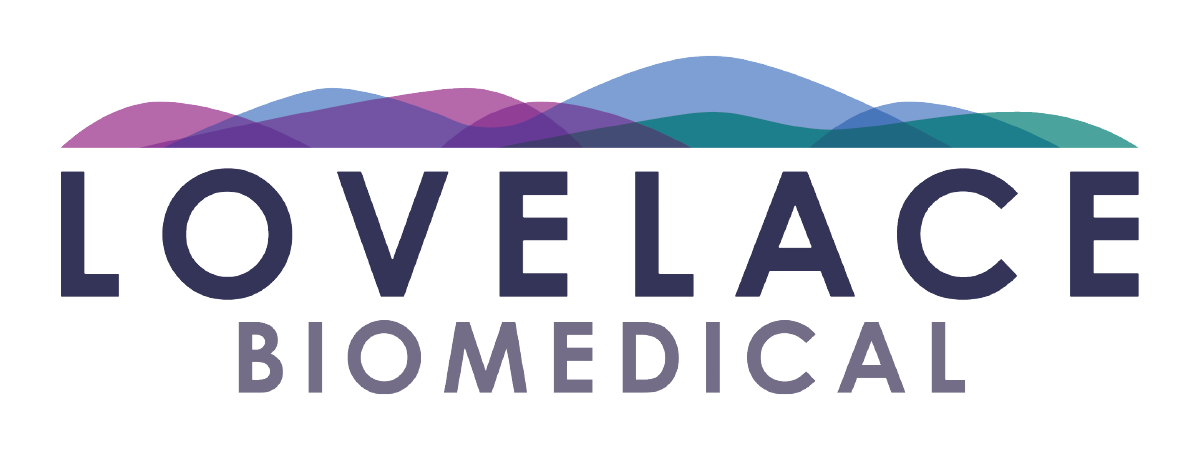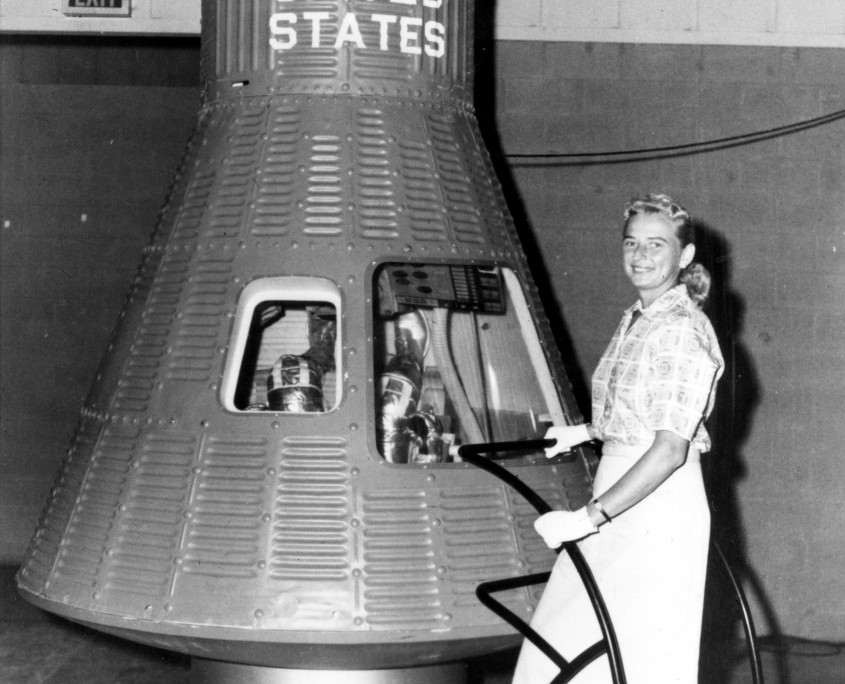With a strong tie to the aviation community starting from its earliest days, Lovelace Biomedical became known in the 1950s and ’60s as the nation’s premier center for aviation and space medicine research. Physiological studies of commercial and military pilots led to an Air Force grant to develop a protocol for testing candidates for space flight. In 1959, under contract to the newly formed NASA, Lovelace tested 32 candidate pilots using a seven-day series of rigorous physiological and psychological tests, culminating in selection of the seven Project Mercury astronauts.
A follow-up project demonstrated that women could pass the tests with approximately the same success rate as men, leading to the immediate inclusion of women in the Russian space program. (The first U.S. woman flew into space 20 years later.) Dr. Lovelace was appointed by President Johnson as Director of Space Medicine for NASA in 1964.


